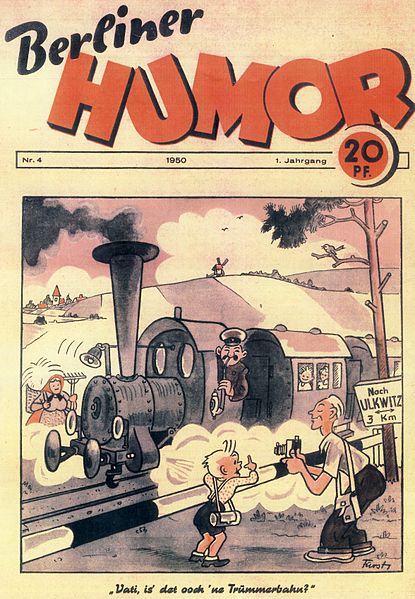Key Takeaways
- Wit emphasizes intelligence through humor, while humor does not require intelligence.
- Wit can be used to criticize others in an amusing way, while humor is not used for criticism.
- Wit involves a sharpness of mind, while humor is more focused on creating a feeling of amusement.
Wit and humor are both employed as literary devices in works of art, and although they may seem similar, there is a distinct difference between them. Wit is defined as a keen intelligence, allowing an individual to make remarks that showcase their intellect, while humor is the quality of being amusing.
What is Wit?
The Oxford English Dictionary defines wit as a keen intelligence or a natural talent for using words and ideas in quick, amusing ways. A witty person can respond rapidly to situations, displaying their sharpness of mind. Wit can be amusing, but not always funny. It can even be used to criticize and point out flaws in others in an amusing manner, without directly attacking the individual.
What is Humor?
Humor is the quality of being amusing, which can be related to a situation, something heard, a book read, or a comedy show watched. It creates a feeling of amusement, and unlike wit, it always results in amusement. A person with a good sense of humor is easy to be around and creates a positive, lively experience for others. However, what is humorous to one person may not be to another, so it is important to be conscious of people’s backgrounds, cultures, appearances, and religions when generating humor at the expense of others.
Difference Between Wit and Humor
Wit can be defined as keen intelligence or a natural talent for using words and ideas in quick, amusing ways, while humor is the quality of being amusing. Wit uses intelligence, whereas humor uses feeling. Wit displays intelligence, while humor may or may not display intelligence. Wit can be used to criticize others, while humor is not used for criticism.
